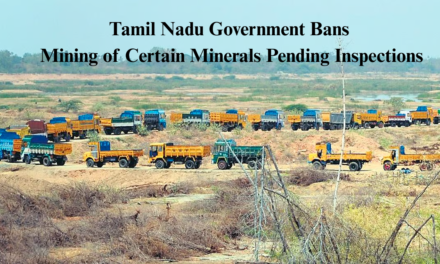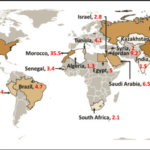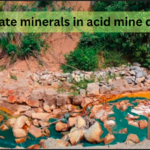In a recent development, the Indian government has annulled the auction of the Nayakkarpatti Tungsten mineral block in Madurai district, Tamil Nadu, following significant public opposition and concerns over environmental impacts. The decision was influenced by widespread protests from local communities and a unanimous resolution passed by the Tamil Nadu Assembly urging the Centre to cancel the mining rights granted to Hindustan Zinc Limited.
Chief Minister M.K. Stalin emphasized that as long as he holds office, no mining activities will be permitted in the region, highlighting the state’s commitment to protecting its environmental heritage and the livelihoods of its residents. He also urged the central government to refrain from auctioning mining blocks without obtaining consent from the state government.
The proposed mining area included parts of the Arittapatti Biodiversity Heritage Site, known for its rich biodiversity and archaeological significance. Local communities expressed concerns that mining operations could cause irreparable damage to these sites and disrupt their livelihoods.
The central government’s decision to halt the project reflects its responsiveness to public sentiment and the state’s firm stance against the mining initiative. This move underscores the importance of collaborative decision-making between central and state authorities, especially concerning projects with significant environmental and social implications.














